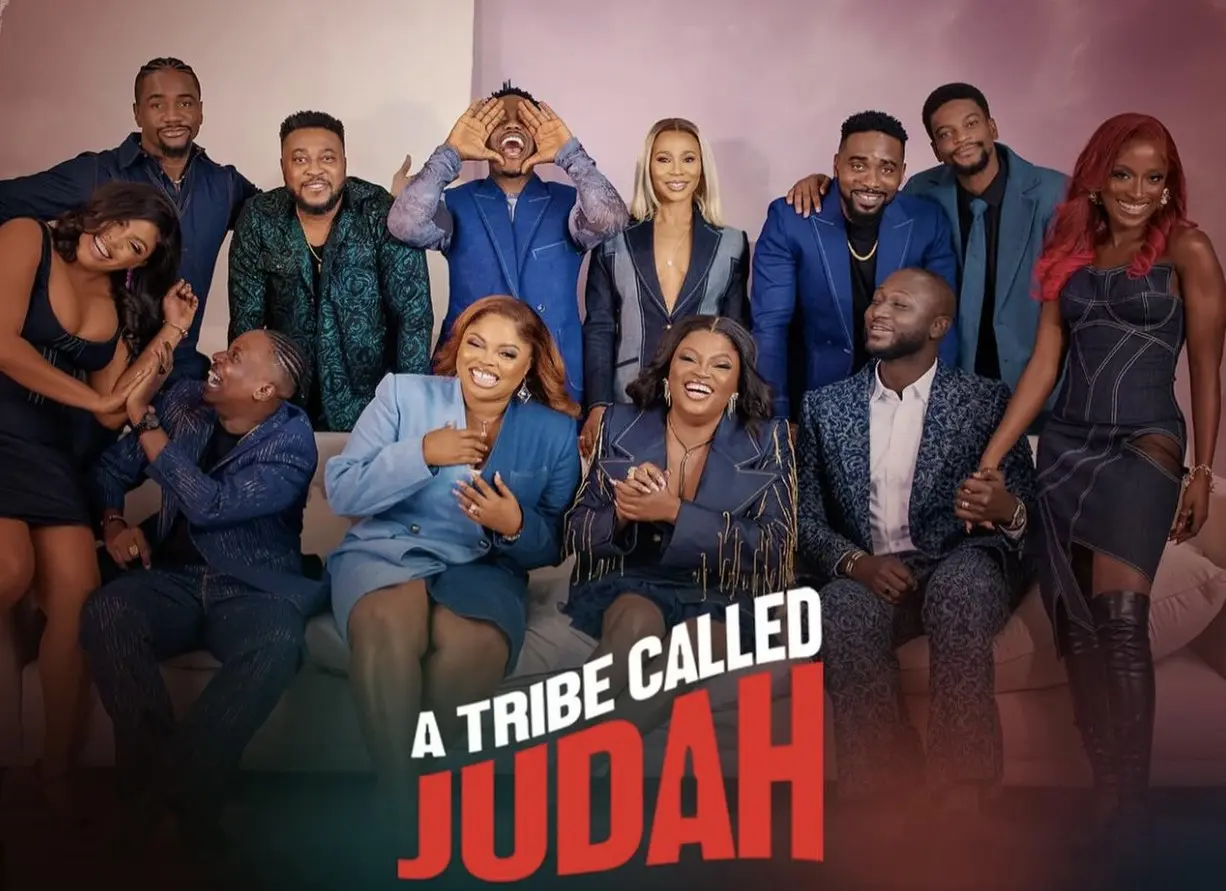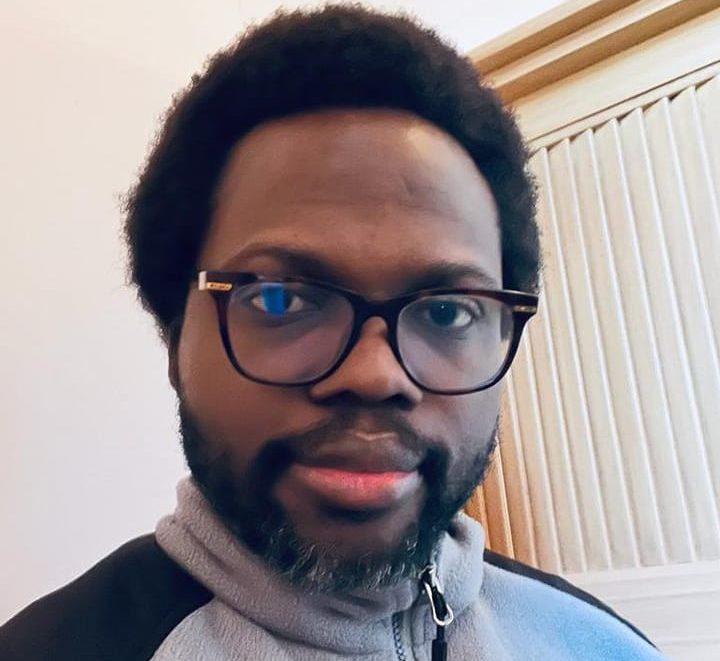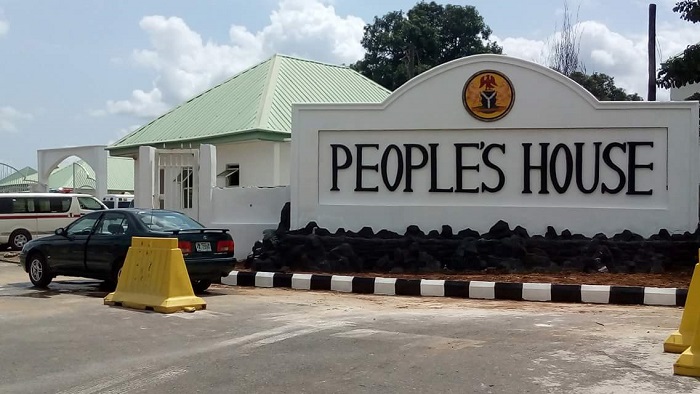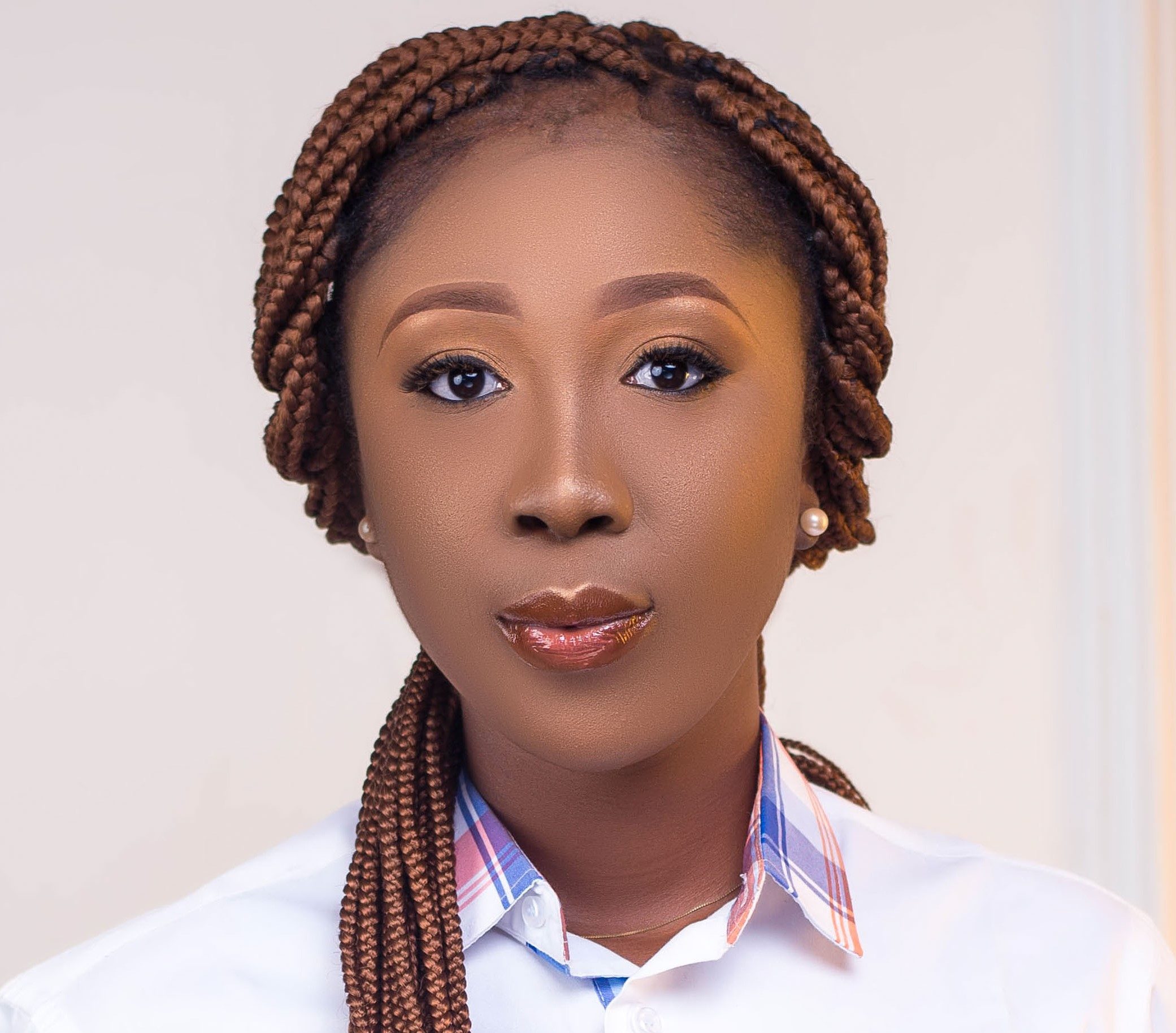I finally watched Funke Akindele’s A Tribe Called Judah. It is a 10/10 movie. While I do not agree with those who think it should have won Movie of the Year ahead of Breathe of Life in the African Magic Viewer Choice Award, AMVCA 2024, I concede that it is, without a doubt, an almost perfect movie. Strong storyline. Brilliant acting. Unforced comedy. I didn’t see many “twists” coming, and I appreciate that none was cheap, either.
However, what I love most about the movie is that it problematizes the word “tribe.” One of the evils of colonialism was the reduction of whole nations, populations with rich internal diversities, to tribes. Hausa, Yoruba, and Igbo, with more speakers even today (despite the epistemic and cultural violence and brutalities of colonialism), than many of the so-called European languages, e.g. Italian, were reduced to “tribal” languages. Africa was most popularly defined as a continent of tribes—worse still, uncivilized tribes, perpetually fighting inter- and intra-wars.
Sadly, our clueless, callous, irresponsible leaders have recently returned us to an anthem that was written for us by colonialists, and which includes the pejorative tribe. (By the way, I am never singing the Bs.). I am equally saddened to hear people frequently refer to Nigeria’s ethnic groups, especially the major ones, as tribes or the non-English languages spoken in Nigeria as dialects.

Very recently, in an interview uploaded on YouTube, popular Nollywood legend Hans Anuku, in response to a question about the languages he speaks, referred to Italian and French as languages while reducing Igbo, Yoruba, and Hausa to dialects. I am sure he does not know that there are more Yoruba speakers than Italian speakers.
Let’s go back to why I think Akindele’s movie is superb and significant. In what I see as a direct rejection of the colonial tendency to reduce large populations to the appellation, tribes, the tribe in “The Tribe called Judah” is made up of just six people—Jedidah Judah and her five sons, Emeka, Adamu, Pere, Shina, and Ejiro. The first point I draw from the movie’s problematizing the word tribe is that if we want to talk about tribes in pre-colonial Africa, we must be referring to much smaller units within larger sociopolitical entities, which are more likely to be referred to as kingdoms, states, communities, etc.
Instead of talking about the Yoruba tribe, for instance, we must learn to recognize the expanse and rich cultural diversities among the hundreds of millions of people who have shared this identity throughout history. What I am saying is that Yoruba, like every other major language, has many variations (dialects). Historically, Ajayi Crowther’s translation of the bible to Yoruba was a significant moment in the politics of the Yoruba language. Crowther’s version of Yoruba, like Dante’s version of Italian, has since become the most popular of the dialects that make up the language. (What I have said about Yoruba can be said about every other language, including Igbo, Hausa, and Etsako.)

Apart from how small a typical tribe is, another important thing I draw from this movie is what I want to describe as a lesson on how a tribe behaves. While my religiousness forbids stealing, I am sympathetic to the motive of five children doing all they can to save their mother’s life. What I learned is that a tribe might be defined as a people truly bound together by something real, tangible, and fiery.
One fun fact about Jedidah’s sons, as is already evident from their names, is that they are each from different men, each hailing from a different corner of the country. However, what is even more remarkable about Jedida’s children is their mother’s blood and unconditional love, which binds them into an unbreakable love. It was this love for their mum, who got diagnosed with kidney disease, that made them rob the bank. The pure-hearted and very honest Emeka Judah even had to suspend his impeccable integrity in his desperate bid to keep his mum alive.
As I watched the movie, I could not help comparing Jedida’s children working together to rob a bank to our politicians working together to rob the nation’s wealth. Just as Jedida’s children, who come from different parts of the country and who, throughout the movie, quarreled non-stop, became suddenly united when their mother’s life was at stake, so are Nigerian politicians truly united in corruption in their evil business of raping the country’s resources. When it comes to padding the budget, allocating stupendous allowance to themselves, and siphoning monies, Nigerian politicians are as united as Judah’s children.
It is based on this unfortunate reality that an editorial in The Nation Newspaper on October 4, 2012, rightly insists that Nigeria is effectively made up of two tribes—”the ruling class and voting class; the policed government officials and the ordinary unprotected people; the well-fed leader and the hungry, unemployed citizen.” It continues, “One tribe divides the other to rule it. The other hardly complains because, given the opportunity to rule, it is not likely to do things differently or better. So, this tribe suffers and smiles while it waits patiently for its turn to be in a position to oppress citizens of his or her former tribe.”
What is even more worrisome is that while the tribe of the ruling class is very united, the tribe of Nigeria’s voting class is not quite united in the quest for a more just and prosperous country. Another skill the ruling class has mastered is how to weaponize religion and ethnicity to divide the populace effectively. How very gullible most Nigerians are in the face of these manipulations requires urgent scholarly attention.
Read Also: The Kind Of President Nigeria Needs
My submission is simple. If Nigeria, “our dear own native land,” as the new anthem describes the country, must rise from her present sicknesses, then the tribe of Nigeria’s voters must unite and rise, like Jedida’s children, against the tribe called Nigerian politicians presently plundering the country.
CREDIT: Facebook / William Ikhianosimhe Orbih
Disclaimer: “The views/contents expressed in this article are the sole responsibility of William Ikhianosimhe Orbih and do not necessarily reflect those of The World Satellite. The World Satellite will not be responsible or liable for any inaccurate or incorrect statements contained in this article.”




